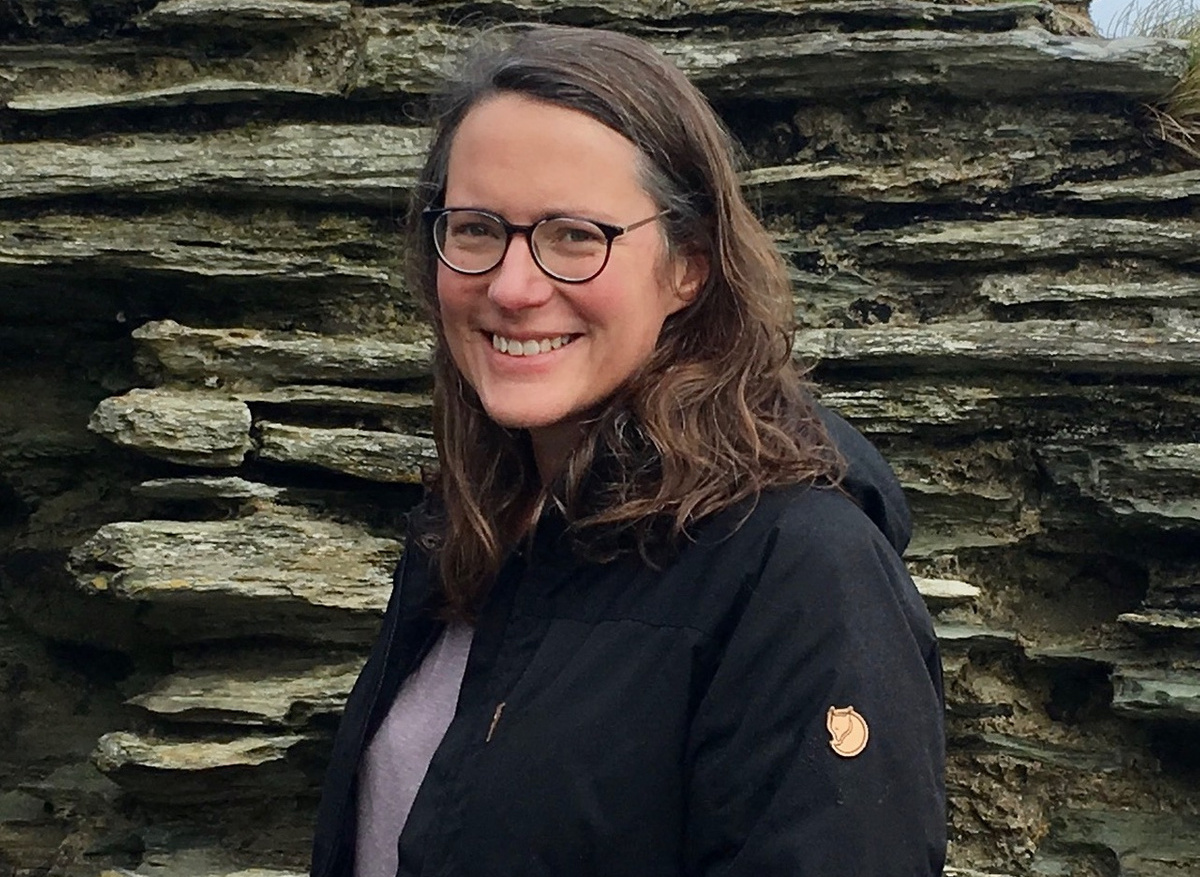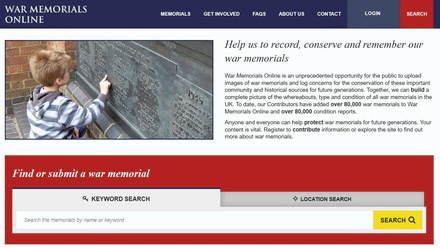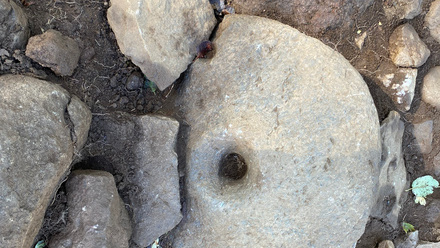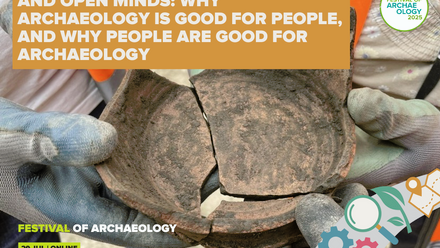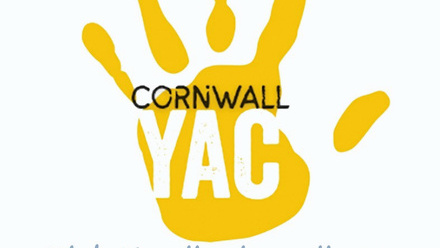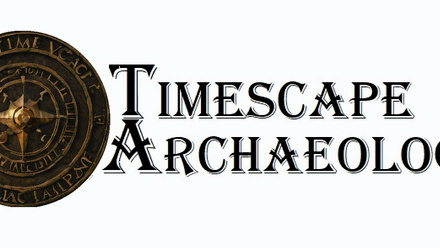Since late 2019, I’ve been working for the Council for British Archaeology, managing the business side of the organisation. I’m not an archaeologist, but I do work in archaeology. I hope my experience might help people interested in a career in archaeology or heritage realise the breadth of the opportunities available in the sector.
I’ve worked in the museums and heritage sector for 25 years now and if you had told me at the start of my career that I would end up specialising in financial management, governance and organisational change, I would have been astonished. I came to work in heritage because I loved history and sharing stories – I always saw myself as a curator or researcher, and that is how my career started off. But I gradually moved from being someone who looked after collections to someone who looked after museums and heritage bodies as organisations.
I studied Museum Studies at the University of Leicester, and then worked as a curator and researcher first for the Science Museums Group and then at the V&A. I was a junior curator at the V&A, working with a range of different collections – fashion and textiles, then ceramics, then furniture. But after a few years I applied for a promotion to work for the Finance Director, managing the museum’s planning process and its funding agreement with the UK government. This probably seems like a slightly strange move – and a lot of my colleagues at the time thought it was a very strange thing to do. But I thought it would be interesting to see ‘the other side’ of the organisation, to understand how it was funded and managed. And it was quite literally the other side of the organisation – moving from the side of the building where all the curators worked, to have an office on the director’s corridor, with the finance and administrative staff.
Ever since then, I’ve worked to support museums and heritage organisations in a range of different ways – for the Museums Association, as a freelance consultant, and for the Association of Independent Museums. I also went back to the School of Museum Studies in Leicester and completed a PhD looking at the processes of change and the changing role of curators in museums in the UK in the second half of the twentieth century. It enriches our work when we remember that our organisations are not neutral – they have been shaped over the decades by political agendas, funding opportunities and, of course, by the energy and dedication of people passionate about protecting and sharing heritage. But they need to be reshaped for new audiences, and new priorities, and we have to think hard about what needs to change.
Of course, I do miss the chance to work directly with collections and with audiences – the chance to work with historic objects and to share stories is a great privilege, and I feel very lucky to have had that opportunity in the early years of my career. But the work of ensuring that we have strong and relevant heritage organisations, which can continue to offer everyone opportunities to connect with stories from the past - that matters just as much.

